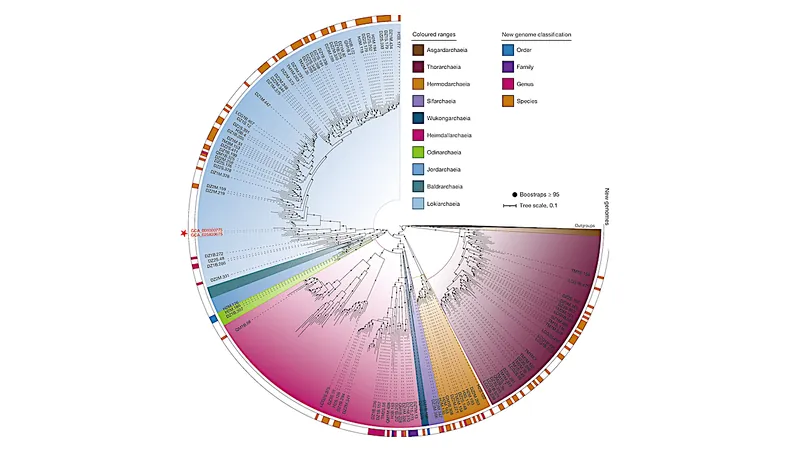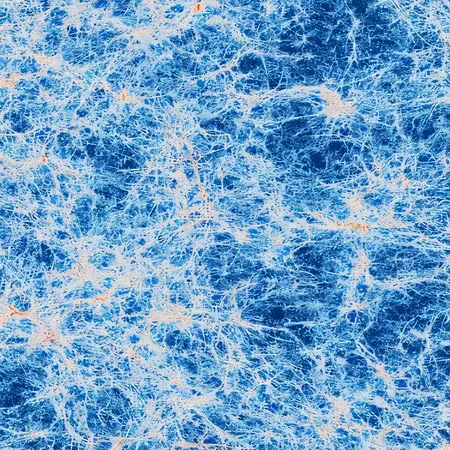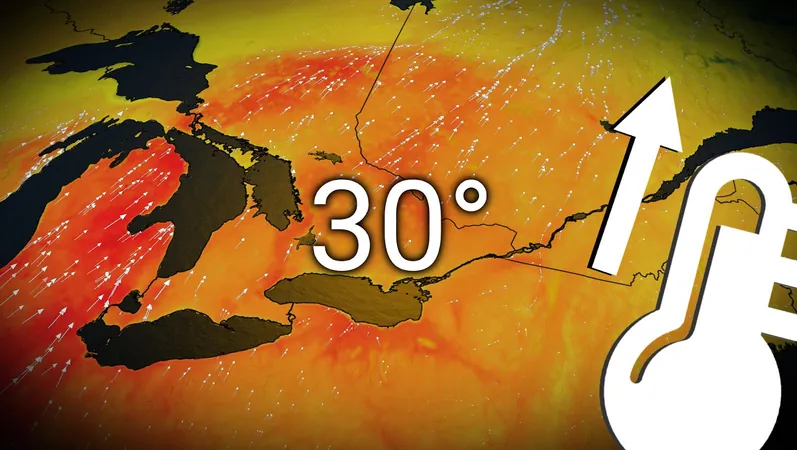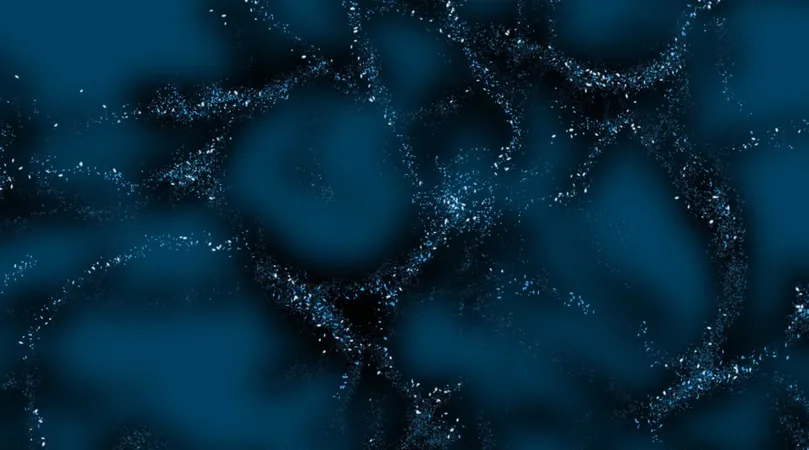
Unveiling the Ancient Origins of Eukaryotes: A Game-Changing Discovery
2025-05-19
Author: Jacques
A Revolutionary Insight into Eukaryotic Evolution
Recent groundbreaking research on Asgard archaea has shed new light on the complex evolutionary history of eukaryotes, the group of organisms that includes all plants, animals, and fungi.
The Debate Over Eukaryotic Placement
For years, scientists believed that eukaryotes were nested within Heimdallarchaeia, a subgroup of Asgard archaea. However, the precise position of these eukaryotes within the Asgard lineage has sparked intense debate, complicating our understanding of early life's metabolic features and timelines.
An Exciting Breakthrough: New Genomic Discoveries
In a study that has taken the scientific community by storm, researchers successfully generated 223 nearly complete genomes of Asgard archaea that had never been documented before. These findings led to the identification of an astounding 16 new lineages, significantly broadening our knowledge of Asgard's phylogenetic diversity.
Rethinking the Eukaryotic Family Tree
Through advanced phylogenomic analysis, the researchers concluded that eukaryotes likely originated before the diversification of any sampled Heimdallarchaeia. This marks a significant shift in the evolutionary narrative, suggesting that eukaryotes did not branch alongside Hodarchaeales within Heimdallarchaeia, as previously thought.
The Chimeric Nature of Genomes
This new perspective may stem from the underappreciated chimeric characteristics of Njordarchaeales genomes, which have been found to contain sequences from both Asgard and TACK archaea—Asgard's sister phylum.
Ancestral Reconstruction: A Peek into the Past
Utilizing ancestral reconstruction techniques and molecular dating, researchers suggest that the last common ancestor of Asgard archaea and eukaryotes emerged before the Great Oxidation Event, likely functioning as an anaerobic H2-dependent acetogen.
Support for the Hydrogen Hypothesis
These compelling findings bolster the hydrogen hypothesis of eukaryogenesis, which theorizes that eukaryotes originated from the fusion of a hydrogen-consuming archaeal host and a hydrogen-producing protomitochondrion.
A New Chapter in Evolutionary Biology
This research not only redefines our understanding of eukaryotic evolution but also opens new avenues for exploring life's origins. The implications of these discoveries could reshape our approach to studying the history of life on Earth and beyond.









 Brasil (PT)
Brasil (PT)
 Canada (EN)
Canada (EN)
 Chile (ES)
Chile (ES)
 Česko (CS)
Česko (CS)
 대한민국 (KO)
대한민국 (KO)
 España (ES)
España (ES)
 France (FR)
France (FR)
 Hong Kong (EN)
Hong Kong (EN)
 Italia (IT)
Italia (IT)
 日本 (JA)
日本 (JA)
 Magyarország (HU)
Magyarország (HU)
 Norge (NO)
Norge (NO)
 Polska (PL)
Polska (PL)
 Schweiz (DE)
Schweiz (DE)
 Singapore (EN)
Singapore (EN)
 Sverige (SV)
Sverige (SV)
 Suomi (FI)
Suomi (FI)
 Türkiye (TR)
Türkiye (TR)
 الإمارات العربية المتحدة (AR)
الإمارات العربية المتحدة (AR)